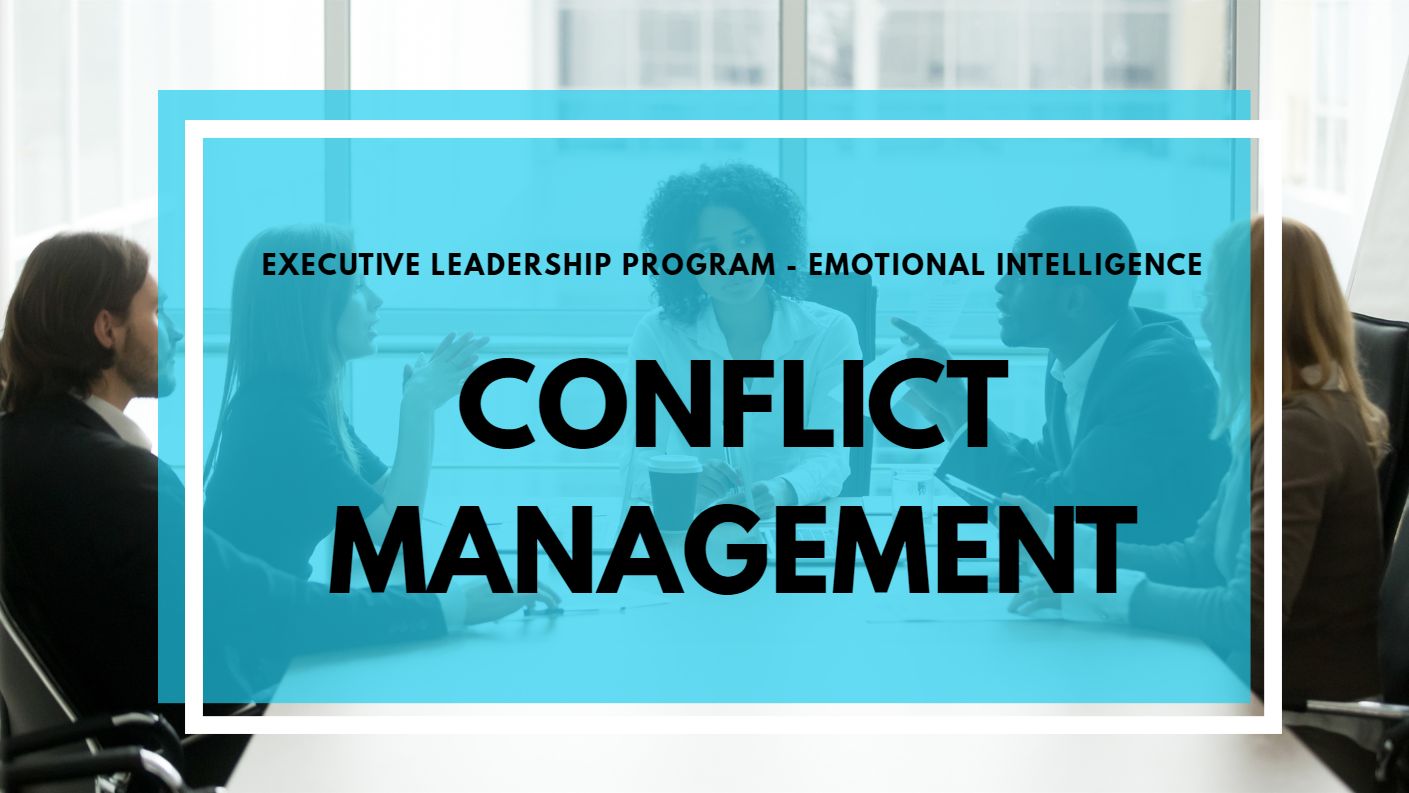
Conflict Management - Talk It Out
-
Register
- Alumnus Member - Free!
- Honorary Member - Free!
- Purple and Gold Member - Free!
- Student Member - Free!
- Faculty Advisors - Free!
- Graduate Member - Free!
- Undergraduate Member - Free!

This course offers a comprehensive exploration of effective conflict resolution strategies, focusing on open communication and emotional intelligence. Throughout this course, Candidates will delve into the intricacies of conflict management, learning valuable skills that promote healthy discussions and prevent conflicts from escalating.
Course Highlights:
Identifying Emotions:
- Candidates will gain insights into recognizing and understanding of emotions within themselves and others. This foundational understanding forms the basis for effective conflict resolution.
Communication of Feelings:
- Explore techniques for articulating emotions and thoughts clearly and respectfully. Learn how to express your feelings in a way that promotes understanding and empathy.
Verbal and Non-Verbal Language:
- Examine the nuances of both verbal and non-verbal communication in conflict situations. Understand how different forms of language can impact the course of a discussion.
Preventing Escalation:
- Discover strategies to maintain a calm and constructive environment during conflicts. Learn how to identify potential escalation triggers and defuse them effectively.
This course involves a mix of activities, videos and more to keep Candidates engaged.
Learning Outcomes
Candidates will have acquired a deeper understanding of conflict dynamics, effective communication, and emotional management. Prepared with these skills, they will be better equipped to engage in productive discussions, mitigate conflicts, and foster positive relationships in various personal and professional contexts.
All of the courses have a time expectation. In order to successfully complete Tier 2, you will need to complete/watch each course in its entirety.
Questions? Notice an error? Recommendations on how to improve? Email: elp@phisigmapi.org